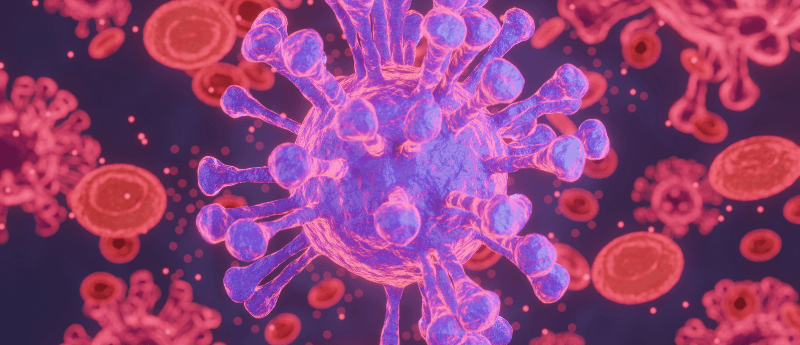Engineering an improved adeno-associated virus vector for human gene therapy

A newly bioengineered adeno-associated virus (AAV)3B capsid variant that exhibits improved levels of transduction to human liver cells has been developed. The new variant, AAV3B-V04, proves efficacious as it allows for radically reduced seroreactivity to human serum samples.
Moanaro Biswas, from the Indiana University School of Medicine (IN, USA), and his fellow researchers, created an AAV3B combinatorial targeted variant library and utilized directed evolution to sequester enhanced liver targeting variants. Directed evolution is a process that mimics that of natural selection in a laboratory setting to direct proteins towards a user-defined target. Their findings were published in Human Gene Therapy.
Hepatic gene therapy with the use of AAV vectors proposes the potential for prolonged correction of monogenic diseases, where the disease is determined by the interaction of one single pair of genes. One of the variants generated from the team’s variant library, AAV3B-V04, displayed notably improved tropism towards human hepatocytes.
Editor-in-Chief Terence R. Flotte, Celia and Isaac Haidak, Professor of Medical Education and Dean, Provost, and Executive Deputy Chancellor, University of Massachusetts Chan Medical School (MA, USA) explain:
“The liver remains a primary target for gene therapy, but the utility of AAV-based gene therapy is still limited by the relatively high doses of vector required and by pre-existing immune responses. Any new AAV capsid that can improve the potency of the vector and allow it to evade pre-existing serum antibodies could be highly significant.”
The presence of pre-existing neutralizing antibodies (NAb) in AAV capsids often triggers an immune response in patients, thus restricting patient suitability for gene therapy treatments. However, the researchers observed that 44% of human serum samples that contained pre-existing NAbs to AAV3B had 5-20-fold lower reciprocal NAb titers to AAV3B-V04 in the blood.
You may also be interested in:
- Tracking the therapy: the roles of bioanalysis in AAV-dosed gene therapy trials
- Gyrolab AAV9 Titer Kit for vector-based cell and gene therapies
- In the Zone: gene therapy – the era of AAV
“We conclude that the candidate variant AAV3B-V04 described here is superior to its parent AAV3B capsid. AAV3B-V04 provides distinct advantages such as improved transduction efficiency, tissue tropism and reduced immunogenicity.”
The researchers concluded that discovering new capsid variants through directed evolution from a mutant capsid library can be enhanced through careful data analysis and lowering the rounds of selection. AAV3B-V04 delivers distinct advantages over previous AAV variants, including improved transduction, liver tissue tropism and lower levels of immunogenicity. As the liver is a popular target for gene delivery, AAV3B-V04 as a vector offers high promise to further investigate translational liver gene transfer studies.






